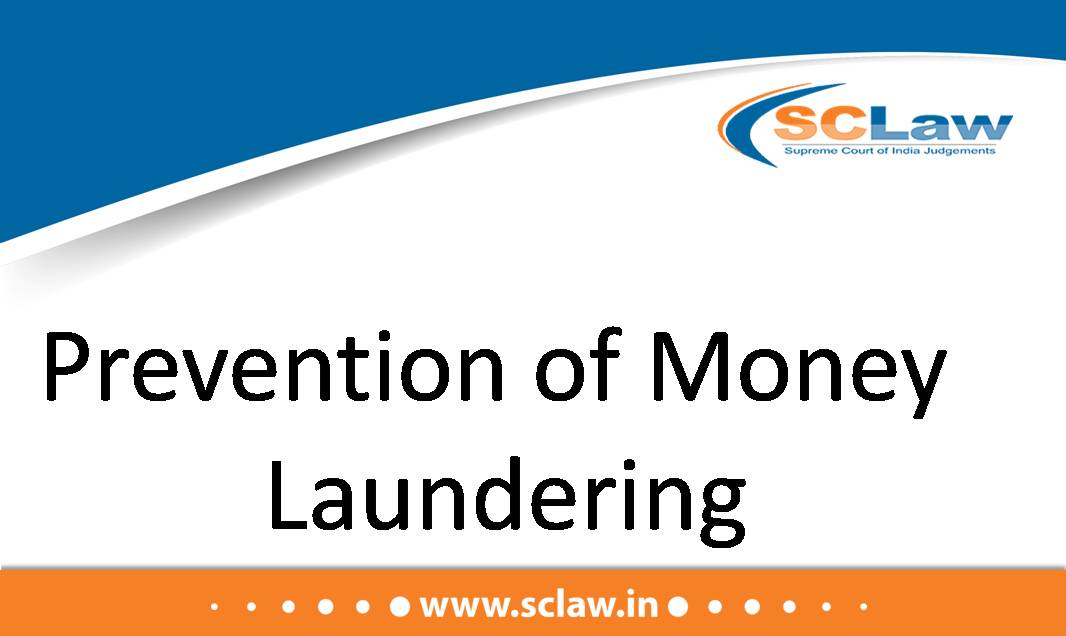Criminal Law – Double Murder – The case involves multiple criminal appeals against bail granted by the Allahabad High Court to accused in a double murder – The main issue is whether the High Court was justified in granting bail to the accused considering the seriousness of the offence and the stage of the trial -The appellant-complainant argued that the accused have a history of criminal activity, were the aggressors in the incident, and there is a risk of them tampering with witnesses – The accused-respondents assured they would not abscond and would cooperate with the trial, highlighting their permanent residence in the village – The Supreme Court quashed the bail orders, directing the accused to surrender, and emphasized that the observations made are not an opinion on the merits of the matter – The Court found that the High Court did not adequately consider the seriousness of the offense, the role of the accused, and their criminal antecedents – The Supreme Court applied established legal principles for bail consideration, focusing on the nature of the accusation, the gravity of the offense, and the likelihood of influencing the trial – The Supreme Court concluded that the respondents do not deserve bail and set aside the High Court’s orders, with a provision for the accused to apply for bail under new circumstances at a later stage.
(2024) INSC 438 SUPREME COURT OF INDIA DIVISION BENCH AJWAR AND OTHERS — Appellant Vs. WASEEM AND ANOTHER — Respondent ( Before : Hima Kohli and Ahsanuddin Amanullah, JJ. )…

